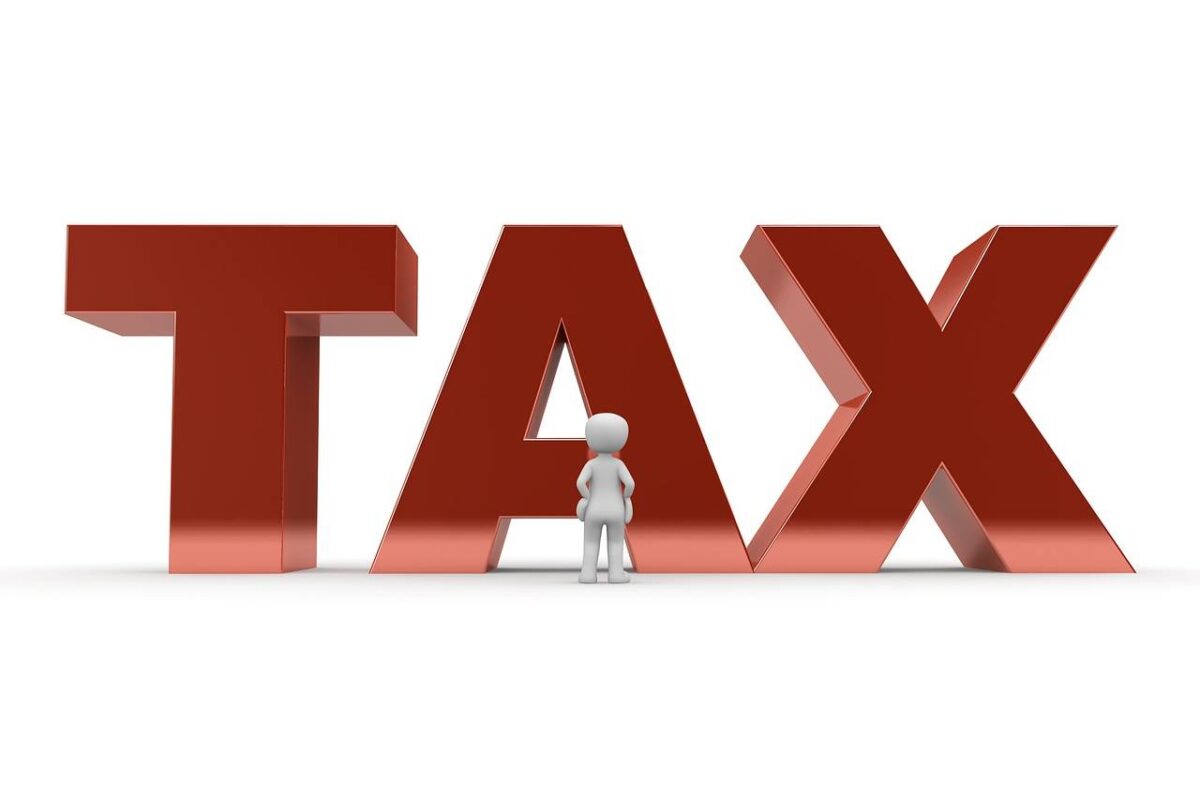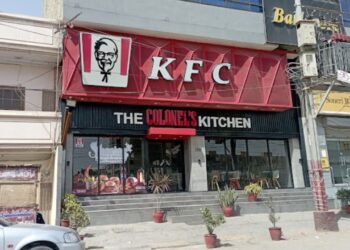The government is considering to levy a carbon tax on petroleum and similar products. This move is part of a broader effort to implement an integrated general sales tax (GST) as recommended by the International Monetary Fund (IMF). The aim is to adopt a value-added tax (VAT) system for better documentation and digitization.

Sources indicate that the carbon tax is one of the measures being considered to attract international financial support, including green bonds, e-bonds, and cheaper loans from multilateral institutions. The future development program is being aligned with climate-related investment standards.
The IMF supports reinstating the standard GST on petroleum products along with a petroleum levy of up to Rs60/litre. This is part of a broader objective to transform the GST system into a universal VAT on consumption across the economy without any exceptions or preferential treatment.
Authorities have suggested either reintroducing the carbon tax or raising the petroleum levy to Rs100/litre in the next budget to increase revenue. This is because the petroleum levy directly benefits the federal government, unlike the GST, which mainly goes to the provinces.
According to the details, the carbon tax could help gain international support and earn carbon credits, which could then fund environmentally friendly projects to reduce carbon emissions. If implemented, the carbon tax and petroleum levy would coexist.
Officials argue that federal revenue tools like the petroleum levy and carbon tax are easier to collect and manage than rebalancing the National Finance Commission, which favors provincial resources.
Additionally, the government plans to reduce federal funding for provincial development projects to avoid politically sensitive issues like reversing fiscal devolution.
Discussions with the IMF also include expanding social welfare programs under the Benazir Income Support Programme (BISP) and linking monthly stipends to inflation to mitigate the effects of rising prices. Both parties agree on the need for better targeting and phasing out beneficiaries through income-generating schemes.
On the taxation front, the government aims to increase revenue through digitization and documentation. Retailers will be encouraged to register voluntarily but will face penalties if they do not comply. Non-filers will face higher withholding taxes on bank transactions, potentially increasing from 0.6% to 1%.
Some measures introduced in the previous finance bill but withdrawn due to parliamentary intervention are being reconsidered. The next IMF bailout is expected to focus on increasing the tax-to-GDP ratio by at least 3% over three years.
The government needs to make a fiscal adjustment of about Rs1.6 trillion in the next budget through additional revenue measures, spending cuts, and privatization. The finance minister has announced plans to reform pensions and reduce development spending.
The revenue strategy includes expanding the tax base by transforming GST into a real VAT, despite its inflationary impact, and extending taxes to retail and wholesale traders, agriculture, and uniform income tax rates for all sources.
The government has committed to adjusting gas and electricity tariffs promptly, reducing energy costs, involving the private sector to address circular debt, and maintaining a tight monetary policy. The IMF anticipates major risks to the reform program due to political instability and geopolitical issues.

















